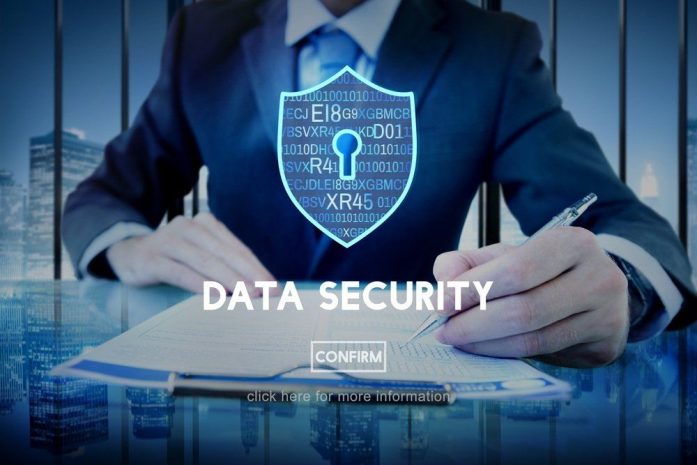
25% of users get hacked during the last 12 months; why should businesses bother?
New research by Kaspersky Lab shows that in the last 12 months every fourth Internet user had at least one of their online accounts hacked.
1278 articles

New research by Kaspersky Lab shows that in the last 12 months every fourth Internet user had at least one of their online accounts hacked.

Threatpost had a story last week describing a disruption of a large ransomware campaign connected to the Angler exploit kit. Experts from Cisco’s Talos security group “effectively nillified 50 percent of the exploit kit’s activity”.

Kaspersky Lab is pleased to announce the continuation of its sponsorship contract with the Scuderia Ferrari Formula One racing team. The new five-year contract will be valid from 2017 until 2021.
In the fierce storm of active APT campaigns there is always something in motion. Researchers pin down and catalogue new threats all the time, but old names occasionally pop up,

A recent study of attitudes toward information risk shows that one in four (24%) IT specialists are concerned about the growing complexity of IT infrastructures and see this trend as a threat to security.

Have you ever considered your smart office from an IT security viewpoint? Did it occur to you that by equipping your office with devices designed to provide life’s comforts, cybercriminals are handed even more opportunity to gain access to your corporate information and even to cause physical damage?

Kaspersky Lab recently launched an online quiz “Are you cyber-savvy”, and the first results are in. While oriented towards end-users, this quiz’s results may serve as another alert for businesses, especially those that are online-based.

While the total amount of companies reporting to experience DDOs attacks is more or less stable over recent years, in 2015 there was a slight increase in the number of businesses considering them the most damaging type of cyberincidents.
Two young individuals were arrested by Dutch police on suspicion of involvement in CoinVault ransomware attacks.

If the idea of “hacking-back” against cybercriminals who have harmed you or your company has seized you, your executive team, or your spouse as a reasonable thing to do, read

Kaspersky Lab, together with B2B International, has conducted a new survey of IT security risks.

New variants of the “legendary” banking Trojan Carbanak are making the rounds on the Web, so far noticed in Europe and the United States.

Call it retribution, justice, or just plain revenge: few films are as satisfying as when the bad guy (or gal) gets what they deserve in the end. But vigilante movies

Threatpost published a fairly detective-like story earlier this month about an attacker who was able to compromise a Bugzilla, steal bug-related data, and turn it into an exploit.

Routers are again becoming a source of cyberthreats as a new batch of security vulnerabilities in UPnP were publicized earlier this month.

Law enforcement agencies, with the help of leading IT security providers, are keen on blocking all the malware Command & Control servers they find. Sometimes, they efficiently shut down massive

Kaspersky Security Center 10, the Kaspersky Lab’s unified management console, makes it easier to manage and secure all your endpoints – including physical, virtual and mobile devices.

We received more accolades from AV-Comparatives in late August, and we would like to take a moment to share them.

RAT stands for Remote Administration Tool. While it may sound rather innocuous, the term “RAT” is usually associated with the software used for criminal or malicious purposes.

The results of the recent IT Security Risks Survey 2015 show that half of banks and payment systems prefer to handle cyberincidents when they happen, rather than invest in tools to prevent them.

Kaspersky Lab’s Q2 report on spam and phishing has arrived, and brought little surprises.